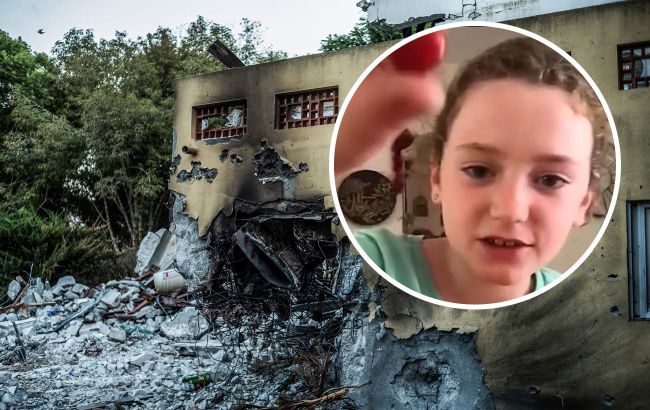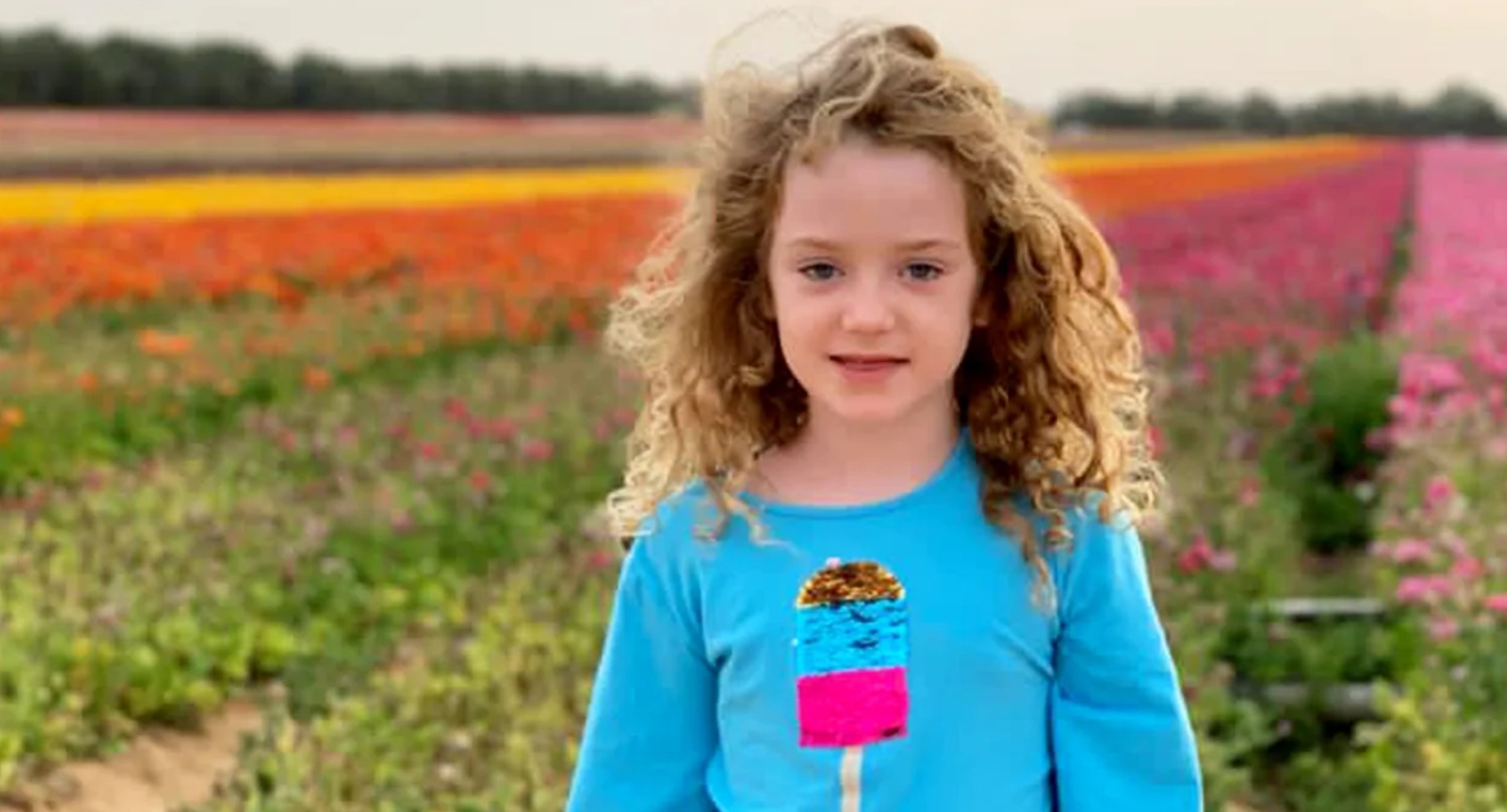'Death was a blessing': Father of 8-year-old Emily reveals shocking details of her death at hands of Hamas
 Hamas killed 8-year-old Emily (Collage by RBC-Ukraine)
Hamas killed 8-year-old Emily (Collage by RBC-Ukraine)
The kibbutz of Be'eri in Israel suffered many times worse than other settlements in the south of Israel. Some of the residents perished during the Hamas invasion, another portion went missing, and dozens of people were abducted. Thomas Hend didn't know the whereabouts of his 8-year-old daughter Emily for two days, and when he learned that she had died, he sighed with relief.
Why a devastated father reacted this way to the sad news of his child's death is explained by RBC-Ukraine, according to CNN.
Settlement Be'eri is a resort place near the Dead Sea. It boasts beautiful nature and recreational opportunities. The only drawback that prevented this kibbutz from being ideal was its proximity to the Gaza Strip and occasional shelling.
Early in the morning on October 7th, Hamas infiltrated the kibbutz, which was home to just over a thousand people at the time. The terrorists killed over 120 residents, including children. They abducted another group of people. The militants set houses on fire, waited for people to run outside, and callously murdered them. They looted and destroyed everything they could.
Thomas Hend came to Be'eri as a volunteer about 30 years ago, initially planning to stay for only a few months. But he remained for many years. A few years ago, his wife died of cancer, and he raised his daughter Emily on his own.
When he began receiving messages from neighbors about terrorists taking over houses and blowing up safe rooms, all of Tom's thoughts were about his little girl.
The previous evening, 8-year-old Emily had gone to her friend's for a sleepover, and her father was not even worried when the sirens started wailing. Air raid sirens were not uncommon there, and every house had special safe rooms. He was sure the girls would be safe.
"Until I heard the shots. And it was already too late. If I had known … I could have maybe ran, got her, got her friend, got the mother, brought them back to my place. But by the time I realized what was happening, it was already too late," Tom recounted.
He couldn't leave the house at that point because the kibbutz had been taken over by armed terrorists.
"I had to think of Emily. She already lost her mother, I couldn’t risk her losing her father too," he added.
 8-year-old Emily became another victim of Hamas (photo provided by her father, Tom Hend).
8-year-old Emily became another victim of Hamas (photo provided by her father, Tom Hend).
The kibbutz has its voluntary emergency response team of 15 members responsible for defending the settlement until the army arrives. The military base is just a few minutes away, so the people of Be'eri were waiting for their arrival minute by minute.
However, those who managed to hide or barricade themselves in bomb shelters had to wait for the military for nearly 20 long hours. The IDF later reported that they had engaged in hours-long fierce battles to regain control of Beri.
Residents were evacuated to the nearest hotel on the shores of the Dead Sea. Many of those who survived saw the streets of the settlement littered with corpses. Among the survivors was Tom Hend.
He waited for any news about Emily for nearly two days because the fate of his daughter was unknown. And he feared most that his daughter had fallen into the hands of Hamas. When a team of doctors, psychiatrists, and social workers came to him, he realized that the girl had died.
"They said, 'We found Emily. She's dead,' and I just said, 'Yes.' I said 'yes' and smiled because this option was the best of all I could imagine," the father confesses
Of all the possibilities, her death turned out to be the least painful for the father.
"She was dead. I knew she wasn’t alone, she wasn’t in Gaza, she wasn’t in a dark room filled with Christ knows how many people, pushed around … terrified every minute of every day, possibly for years to come. So death was a blessing," Tom said with tears in his eyes.
Now, his friends and kibbutz neighbors are by his side. Friends of his daughter approach him and embrace him. They already understand. Those who survived are ready to return to their kibbutz as soon as the military allows.

